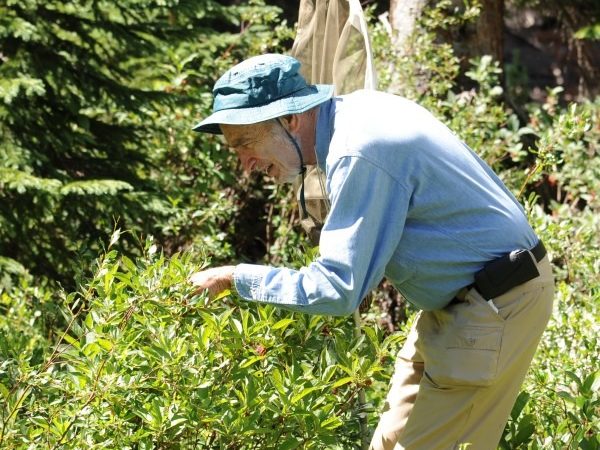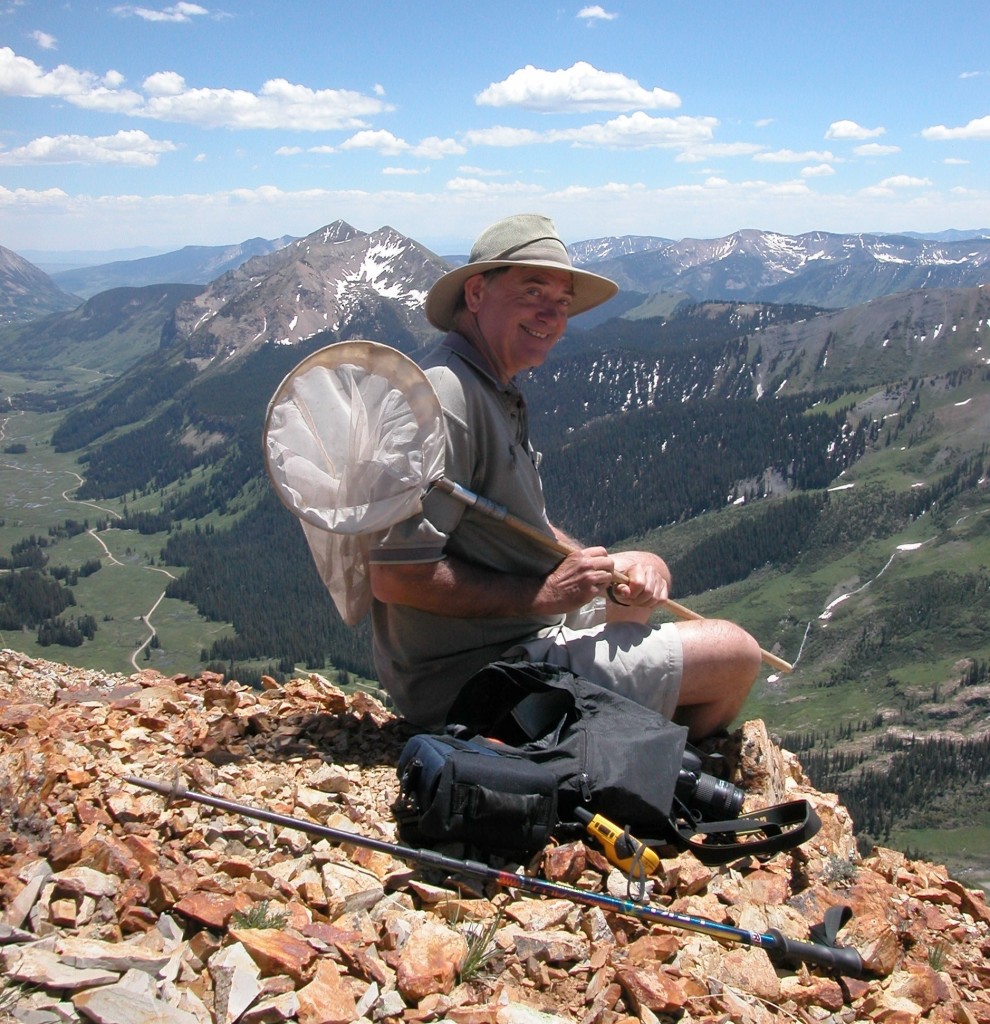Science is defined simply as discovery, explanation and presentation (see my earlier post entitled Science explained), but what exactly are scientists? What’s their connection to Science? How important are they?
Scientists all have a direct connection with science, but may be categorised on the basis of whether they carry out scientific research, and thus develop or ‘advance’ science, or they are scientific practitioners who seek to grasp current knowledge in this scientific context and use this knowledge in some way, or they teach people about science, sometimes encouraging the development of future scientists. Scientists may therefore be categorised as research scientists, science practitioners, and science teachers. Of course, these are not mutually exclusive.
Research scientists are thus those people who implement the advancement of science. Some design and direct comprehensive programs of scientific research, proceeding from discovery of patterns or making seemingly strange observations, to generating and testing explanations, to informing the world about it all. Others may focus on one or other of the three components – discovery or explanation or presentation. Others may be involved, often under instruction, in implementation of the research, rather than its design and direction. These are all research scientists.
There is a diverse array of science practitioners, as there are many areas in which science-based knowledge is put to use. People who design our vehicles, appliances, electronic wizardry and other such ‘toys’, are all science practitioners as the results of scientific research underpin all such development. Indeed, the computer you are presently using to read this post would not exist were it not for a large amount of previous electronics research. Along the same lines science practitioners clearly include those generally labelled as engineers and medicos. Less obviously, but true none-the-less, those who work as builders and in other trades are also really science practitioners as they are utilizing the results of past research. How, for example, does a builder know that a structure will remain standing, despite the passage of time and the ravages of wind, rain, sun, earthquakes and so on? No doubt there may be some simple trial-and-error going on here, and one would hope that the building you are presumably sitting in does not provide any examples of builder error. However, the real answer is that it’s based on scientific research on the physical properties of various building materials and techniques. Most professions rest, at least in part, on the results of scientific research, and so most professionals are really science practitioners. Of course, some may not realise this!
SC Co-Founder Graham Pyke researching Bumblebees
There are also some, who I would call faith practitioners, who act and advise others on the basis of faith rather than science. Such people include religious clergy and ‘faith healers’. Of course, major arguments, even severe physical confrontation, can occur when the dictates of science and faith do not agree. However, for now my focus is on science and I shall defer any discussion of science versus faith to others or a later time. As a parting remark on the issue …. I put my faith in science, not faith in lieu of science!
The last group of scientists are the science teachers, whom most or all of us have encountered at some time or other. These days, in most parts of the world, science is taught as a subject or part of a subject during both primary and secondary education. Indeed, many secondary students are encouraged to participate in their own, possibly simple, scientific research. Last year, for example, I provided some advice and guidance to a secondary student who was investigating how different kinds of sound waves travel by observing radio reception for different kinds of signal (i.e., AM vs FM), at different distances from source, and with varying intervening obstacles. Through such exercises science teachers may convey both the process of science and its outcomes. Of course, teaching of science may continue to tertiary, then post-graduate levels and so on.
Our lives clearly depend on scientists, be they the research scientists who ‘advance’ science and provide the basis for the myriad of applications, or the science practitioners, in their many guises, who carry out such applications of science, or the science teachers who help us to understand and appreciate the process and outcomes of science.
Scientists therefore deserve enormous respect and support, for without them we would really be lost!
MAHB-UTS Blogs are a joint venture between the University of Technology Sydney and the Millennium Alliance for Humanity and the Biosphere. Questions should be directed to joan@mahbonline.org
MAHB Blog: https://mahb.stanford.edu/blog/scientists-are-we-all-the-same/
The views and opinions expressed through the MAHB Website are those of the contributing authors and do not necessarily reflect an official position of the MAHB. The MAHB aims to share a range of perspectives and welcomes the discussions that they prompt.

